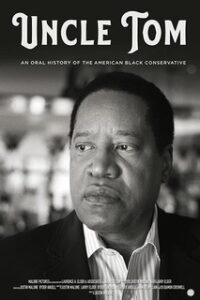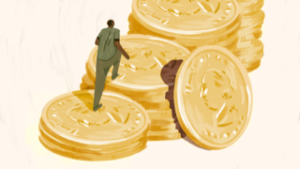
Uncle Tom: An Oral History of the American Black Conservative
Release Date: June 19, 2020
Directed by Justin Malone
Written by Ryder Ansell, Larry Elder, and Justin Malone
Available on various streaming services, including Amazon Prime
“If you don’t vote for me, you ain’t Black,” Biden famously said in an interview with radio host Charlamagne Tha God prior to the election.
That represents the view that most liberals and the mainstream media have of Black and Hispanic Americans: The Democratic Party, and only the Democratic Party, represents them.
But that wasn’t always the case. In fact, for most of our country’s history, the Republican Party was the one that was supportive of African Americans. It was the party that brought about abolition, fought against Jim Crow, and established the policies that advanced African Americans economically to a degree that was unthinkable 50 years earlier.
That all changed with Lyndon Johnson and The War on Poverty, and then later with The War on Drugs. Those two Democrat-led initiatives destroyed the Black nuclear family and set in motion a culture of victimhood that is, today, the single biggest threat to the advancement of Black and Hispanic progress in the US.
At least that’s the view of the Black conservatives profiled in this very watchable documentary.
Uncle Tom isn’t a film that attempts to prove this thesis or even debate it. Its purpose is to introduce some of the prominent Black conservatives that are trying to bring Black voters back to the Republican Party, and the Republican Party back to Black voters.
You can watch the trailer here.
And you can watch the entire documentary here.



